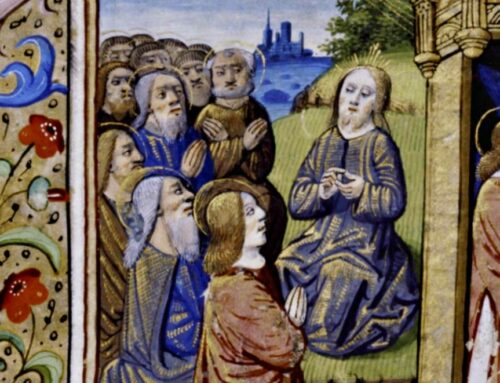Several recent surveys reveal that an increasing number of Americans are not atheists or agnostics so much as they are people who simply don't care about religion or faith at all. Here are a few examples.
A 2011 Baylor University survey found that 44% spend no time seeking "eternal wisdom" and 19% said, "It's useless to search for meaning." 46% told a LifeWay Research (SBC) survey that they never wonder whether or not they will go to heaven. (I find what seems to be a majority of people, churched and unchurched, who assume some form of life after death but who have no interest in exploring what this means or why they believe it.) 28% told LifeWay, "It's not a major priority in my life to find my deeper purpose." And 18% scoffed at the idea that God had a purpose or plan for everyone. (Do you see why beginning a conversation with most young people by asserting, "God loves you and has a wonderful plan for your life" will not cut it?) The number of totally "secular" people who have no concern for knowing about God or a higher power is nearing 7%. I believe the much greater problem is beneath the surface of this still small number. Hemant Mehta, who blogs at "The Friendly Atheist," calls this rising number of people the "apatheists."
Marian Edgar Budde, Episcopal bishop of Washington, D.C., calls these religiously apathetic folks "honest." A 27-year old said, "I would just like to see more people admit that don't believe. The only thing I'm pushy about is that I don't want to be pushed. I don't want to change others, and I don't want to debate my views."
Christian writer and researcher David Kinnaman says most "So Whats" are like the statement made by the 27-woman I just quoted. Kinnaman says if you strip "the hipster factor" away then he thinks 7 in 10 young adults would say they don't see much influence of God or religion in their lives at all. Cathy Lynn Grossman says, "This trend may have been leaving subtle tracks for years."
I have written about the "Nones" the last few years. It seems that while the category of the "Nones" is growing by 0.5% per year the "So Whats" appear to be an even larger subset of that category. There are, in other words, layers within these layers. This is why the various attempts to say that we should be humanly optimistic about the future of most churches in America is misguided. It could be that as many as half of all young adults are "Nones" and/or "So Whats." The number is growing every day. Meanwhile few churches have a clue about how to live faithfully in a culture that is fast becoming a post-Christendom society in its understanding and practice.
One thing I do know. If we are not authentic, whole and healthy in our faith (personally and corporately) then all the "attractional" programs that we can throw at this demographic group will do very little to bring them into the kingdom of God. These are not "baby-boomers" and will not fill mega-churches in the next twenty years unless something dramatic happens. Before long it might actually dawn on us that our "cool factor" stuff just doesn't work anymore. We might then actually go back to more ancient paradigms that are also clearly focused on the future, or to what might be rightly called an already/not yet kind of faith that is deeply biblical and profoundly confessional. This calls for missional-ecumenism, which few conservatives are willing to embrace so long as they keep depending on their human programs to attract young adults.







